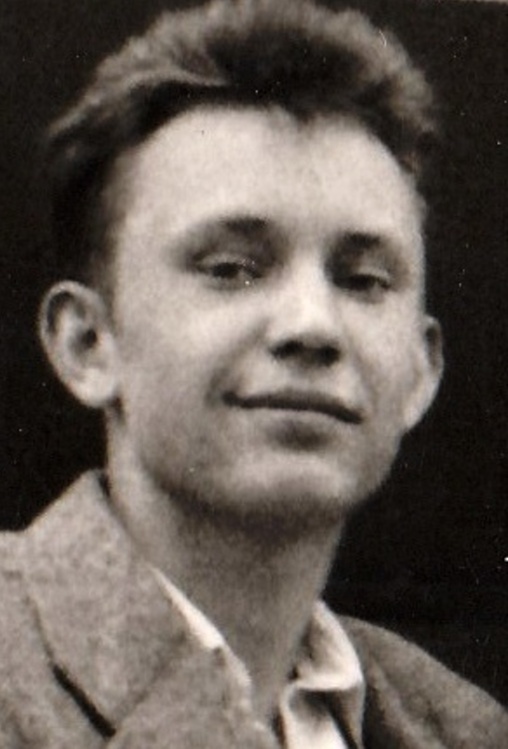If the miners don’t get soda pop, they might rise in revolt

Stáhnout obrázek
Jiří Lexa was born January 6, 1941 in Ostrava into a family of a police officer and a hatter. He spent the end of World War II and part of his childhood in Ostrava-Kunčičky. He remembers building of the New Klement Gottwald Iron Works and the ZOO in Kunčičky. After being apprenticed as a turner he worked in Vítkovice Klement Gottwald Iron Works. In the 1960s he started working in the ‘Nealkoholické nápoje Olomouc’ company (Olomouc Non-Alcoholic Beverages) and moved to the unfinished 7th district of Ostrava-Poruba. He witnessed the Warsaw Pact Invasion of Czechoslovakia in August 1968 in Ostrava. He signed resolutions protesting against the foreign military intervention. He set up a business following the fall of communism and also joined the Czech Social Democratic Party. He wrote several publications about Ostrava-Poruba in retirement and received the Senior of the Year Award in 2012 for his popularization of the city’s history.








